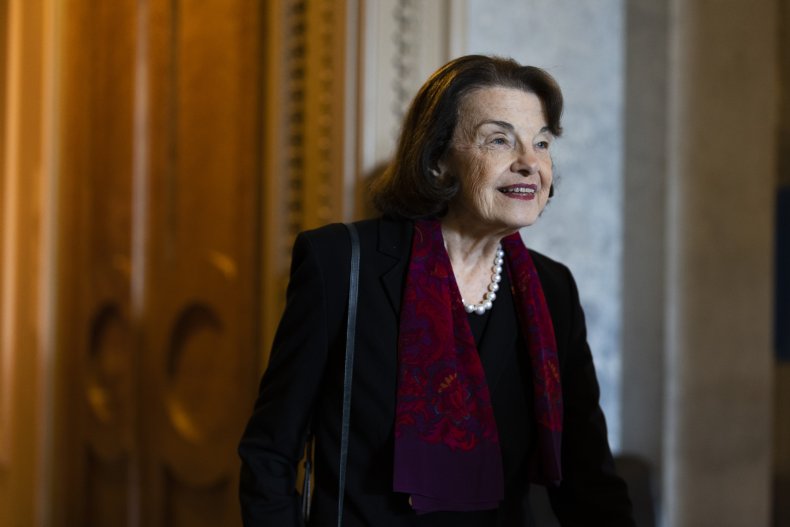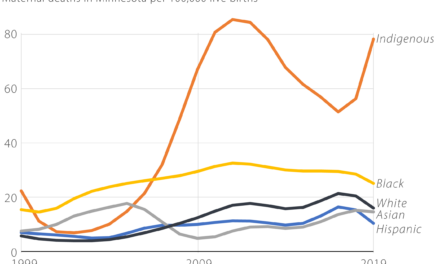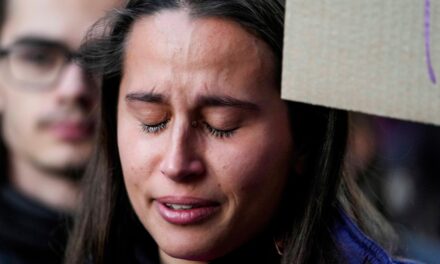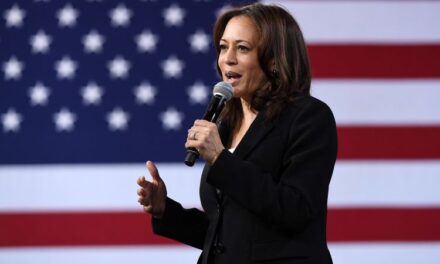The Democrats majority in the Senate is even smaller with the death Senator Dianne Feinstein of California.
Feinstein died at age of 90 on Thursday night after three decades in the Senate, her family announced on Friday. Feinstein, the oldest member of the Senate and longest-serving female senator, announced in February that she would retire at the end of her term.
In recent years, Feinstein suffered from health and memory issues that prompted calls for her to step down and became part of a larger conversation about older politicians and questions as to whether they have the mental fitness to hold office. Despite her decline in the public eye, she was remembered as a trailblazer in U.S. politics for her gun control advocacy, her leadership on the intelligence committee and her determination to work across the aisle, even when it drew criticism from progressive members of her party.
Her death comes at a time when Democrats and Republicans remain as far apart as ever in Congress and less than two days before the government is expected to shut down due to lawmakers’ inability to pass a federal spending package. It has left many wondering what happens next for the Senate and what will happen until a new senator is elected in 2024.

Anna Moneymaker/Getty Images
Democrats currently hold the majority in the Senate, albeit a razor-thin one. Of the 100 seats, 48 are held by Democrats and 49 are held by Republicans, but there are three independent senators—Bernie Sanders, Angus King and Kyrsten Sinema—all of whom caucus with the Democrats, which gives the party the majority.
Feinstein’s death, which leaves Democrats with a 50-49 edge, is unlikely to change the split since Vice President Kamala Harris would still cast a tiebreaking vote. But because Senate Democrats may need every vote to move quickly on the federal budget, the pressure is on California Gavin Newsom to pick a replacement for the remainder of Feinstein’s term as soon as possible.
“Dianne Feinstein was many things—a powerful, trailblazing US Senator; an early voice for gun control; a leader in times of tragedy and chaos,” Newsom said in a Friday statement shared with Newsweek. “But to me, she was a dear friend, a lifelong mentor, and a role model not only for me, but to my wife and daughters for what a powerful, effective leader looks like. She was a political giant, whose tenacity was matched by her grace. She broke down barriers and glass ceilings, but never lost her belief in the spirit of political cooperation.”
Who will replace Dianne Feinstein?
Newsom previously hinted that Representative Barbara Lee would be his first choice, but since she is already running in the Senate race, Newsom said he would prefer to select someone else.
“I don’t want to get involved in the primary,” Newsom told NBC News’ Meet the Press this month. “It would be completely unfair to the Democrats that have worked their tail off. That primary is just a matter of months away. I don’t want to tip the balance of that.”
Representatives Adam Schiff and Katie Porter are also running in the Democratic primary in solid blue California.
Newsom, who appointed Alex Padilla to replace Kamala Harris when she left the senate to become vice president, has talked about not wanting to have to hand-pick another senator. Newsom faced criticism for replacing Harris, who was the Senate’s only Black woman, with Padilla, a Latino man, and has since vowed to select a Black woman to fill any future vacancies, which many widely thought was a signal that Lee would be his choice.
Newsom’s comment that he would not select a primary candidate was slammed by Lee.
“The idea that a Black woman should be appointed only as a caretaker to simply check a box is insulting to countless Black women across this country who have carried the Democratic Party to victory election after election,” the congresswoman wrote on X, formerly Twitter.
Newsweek reached out to the Senate Democrats via phone for comment and Newsom via email for comment.




